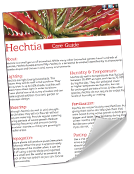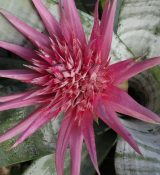The Dope On Soap
Author: admin1 Comment
Care and Culture, Growing Indoors, Growing Outdoors
Soap sprays and dips, or gently wiping leaves with warm, soapy water, is the least toxic way to control most houseplant insects.
Soap controls insects by coating them with fatty acids. It has no residual effect, so repeat applications often are needed. Most commercial insect control sprays marketed for use on houseplants are based on soap, or you can use the same insecticidal soap you use to control insects in your vegetable garden.
Many people use dish-washing liquid mixed with luke-warm water at the rate of 1 tsp (5ml) per 1qt (.946 l) of water. While dishwashing liquids may do a good job, they can also pose risks, since they include fragrances, antibacterial agents, and other chemicals that may damage plant leaves. Never use laundry detergent or detergents made for use in dishwashers in homemade plant sprays, because they are much too harsh for plants.
A few plants are sensitive to soap (see my post on Insecticidal Soap for a list of sensitive plants). If plants droop a few hours after being sprayed with a soap solution, immediately rinse them off with luke-warm water. Never allow plants that have been sprayed with soap to sit in bright sun. Soap sprays may temporarily interfere with the protective cutin layer on leaf surfaces, making them more susceptible to leaf scorch.
One response on “The Dope On Soap”
Leave a Reply

Resource Download
Hechtia Care Cheat Sheet
Learn how to care for your Hechtia bromeliad with this quick and easy informational guide.
Learn More
Ask an Expert
Questions about bromeliads?
Our experts love a challenge!
Photo of the Week
Submit your photo to be featured on the blog!
More Photo of the Week Winners
Submit Photo








Add marigolds to your list of plants sensitive to dish soap washes. These were the smaller of the marigold variety.